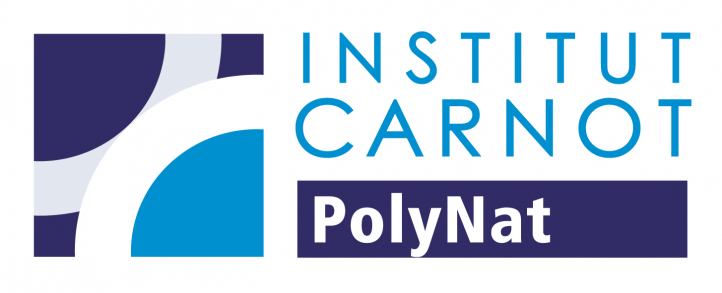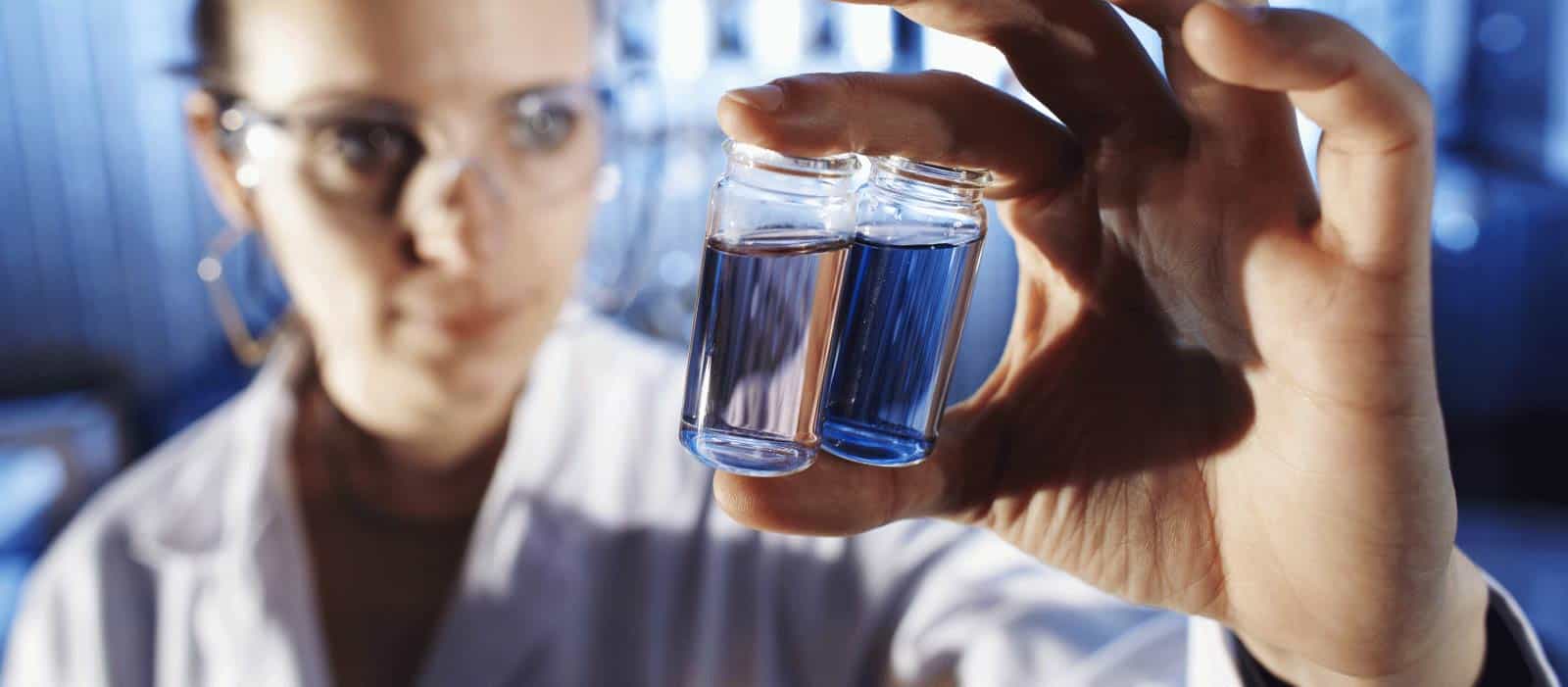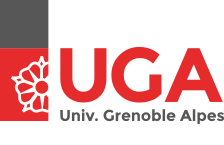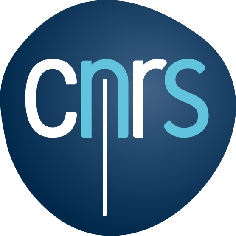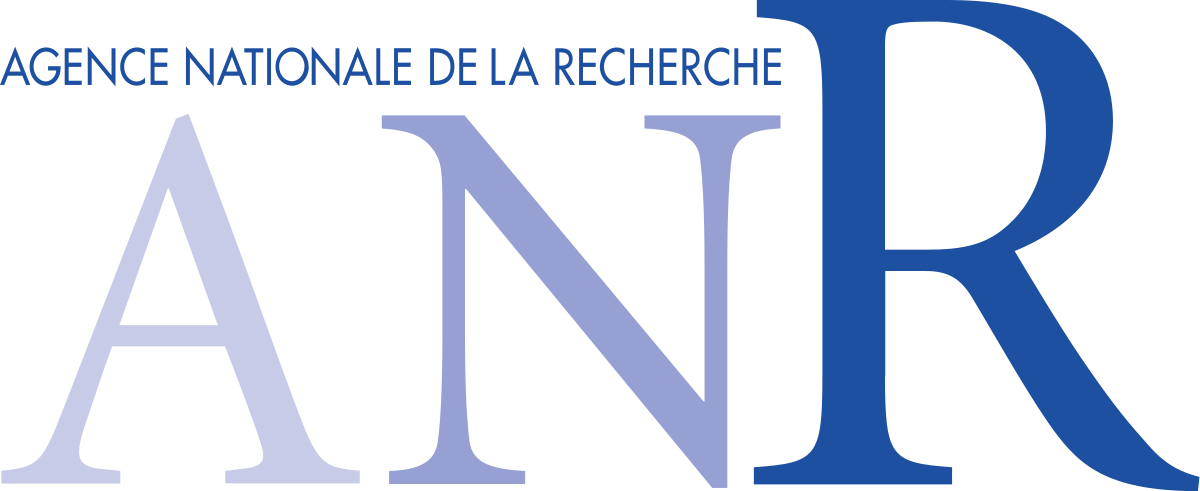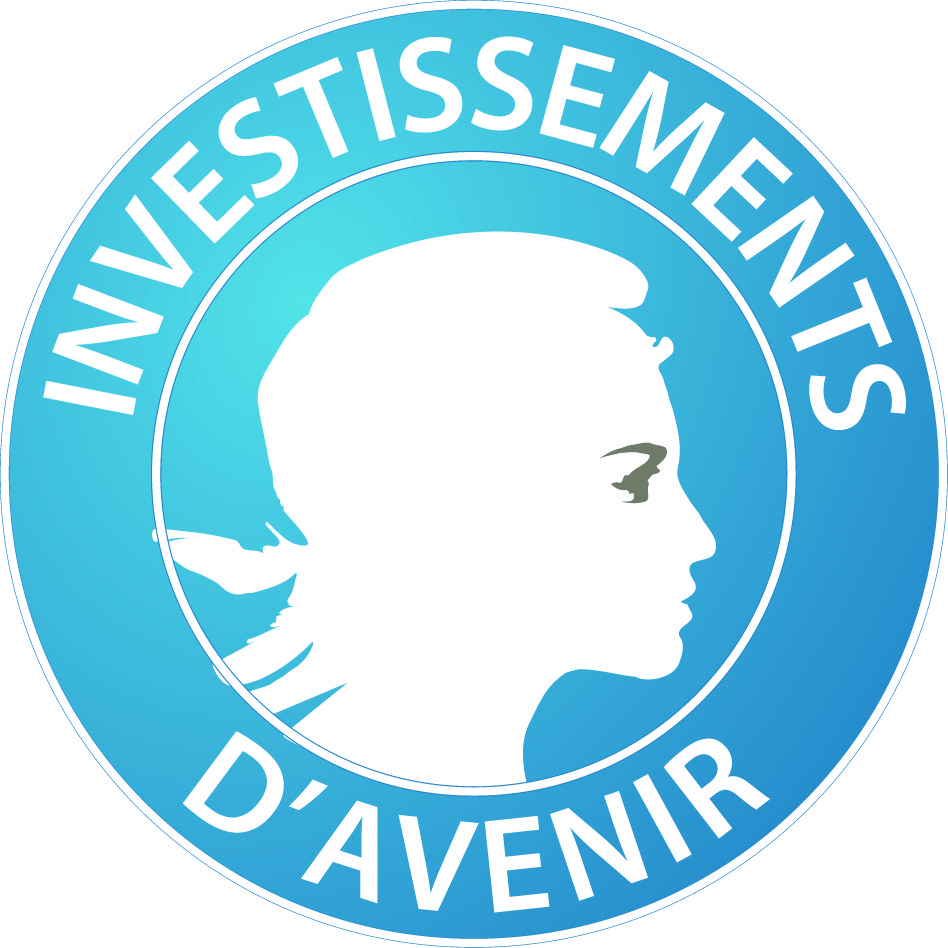
Training offered in our laboratories
CERMAV, Grenoble
November 18-20, 2020
Researchers, engineers, technicians using or formulating oligo- and polysaccharides as bioactive and / or functional ingredients and wishing to discover the tools for characterization and structural analysis of oligo- and polysaccharides
Training Coordinator :
William Helbert, director of research, CERMAV
CERMAV, Grenoble
November 25 to 27, 2020
Prerequisites: physico-chemistry bases of polymers and dispersions;notions in characterization of materials (Bac + 2 minimum)
Training coordinators :
Laurent HEUX, director of research, CERMAV
GIF-SUR-YVETTE (91)
March 4-6, 2020
Method engineers, process engineers, quality managers, continuous improvement managers and other professionals who wish to adopt an optimized experimental approach
- Analyzing the problem in order to choose the right plan of experiments, to define the conditions of setting up of the plan of experiments adapted to a given problematic
- Understanding and knowing how to implement the statistical analysis of the experimental plan
- Being able to move from a statistical conclusion to an operational conclusion
Rheology and Processes Laboratory, Grenoble
May 15, 2020
Prerequisites: Basic knowledge of polymers
Training Coordinator :
Frédéric Bossard, Professor, LRP
More information
Researchers, engineers or technicians wishing to discover new elements of molecular recognition as an alternative to antibodies for pharmaceutical, medical, environmental or agri-food applications.
- Understanding the interest of aptamers in the areas of diagnosis and therapy
- Knowing the principles of the aptamer selection method (SELEX)
- Knowing how to follow a selection step
- Being able to implement a biological recognition reaction using fluorescence polarization aptamers
Training coordinator :
Corinne Ravelet, Maître de conférences, DPM
DPM, Grenoble
June 10 to 12, 2020
The training focuses more specifically on chemical analysis methods (coupled HPLC, coupled GC, coupled ICP, MS, UV …) developed in the pharmaceutical, chemical and food industries for the dosing of active ingredients, pollutants and by extension to other chemical or organic molecules in general.
Training coordinator :
Luc CHOISNARD, Lecturer, DPM
DPM, Grenoble
June 17 and 18, 2020
Prerequisites: basic knowledge of how a spreadsheet works.
Even partial knowledge of the DMAIC cycle can be profitable.
- Knowing how to plan a study protocol ensuring sufficient statistical power in relation to the desired objectives
- Being able to identify the right statistical tools adapted to the problem posed (L6S or MSP)
- Knowing how to avoid the pitfalls of data processing
- Knowing and verifying the prerequisites necessary for the application of statistical procedures on the dataset
- Knowing how to use the computer tool to ensure the effectiveness and efficiency of the statistical process
- Knowing how to use statistical conclusions to support an operational conclusion
Training coordinator :
Luc CHOISNARD, Lecturer, DPM
More information
